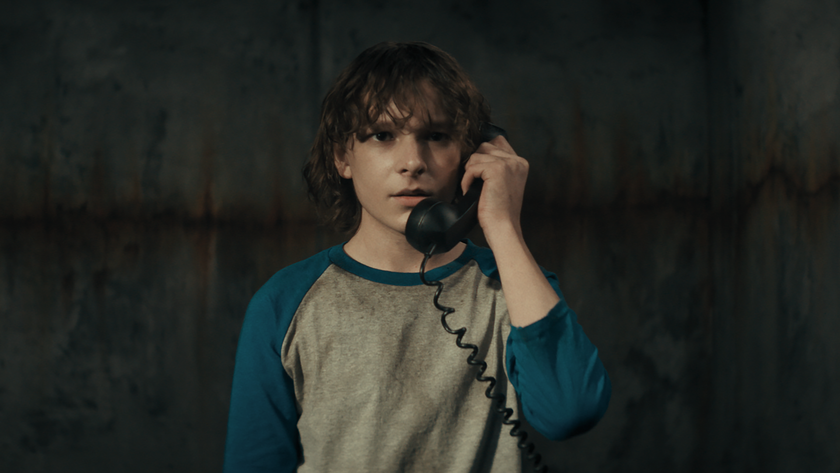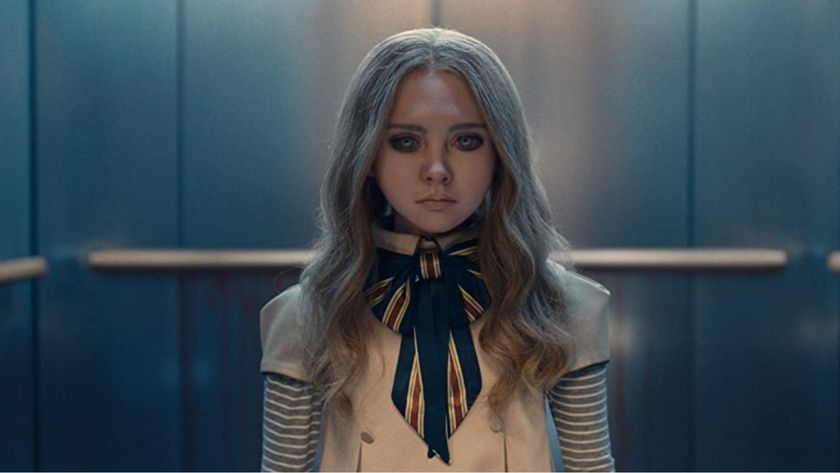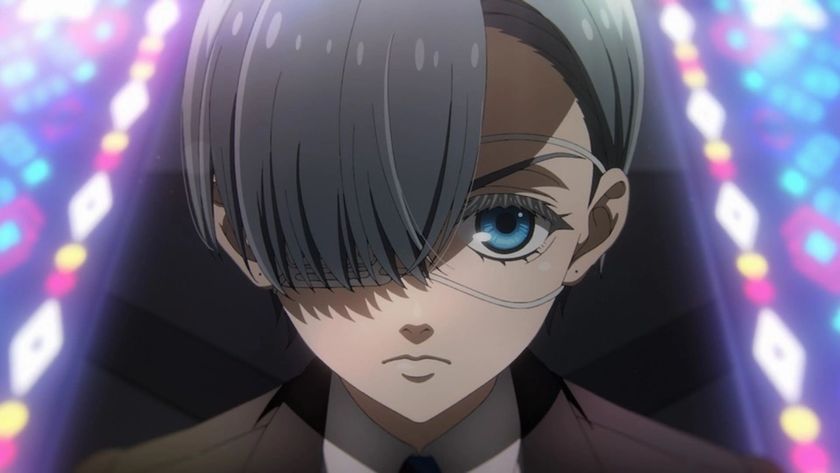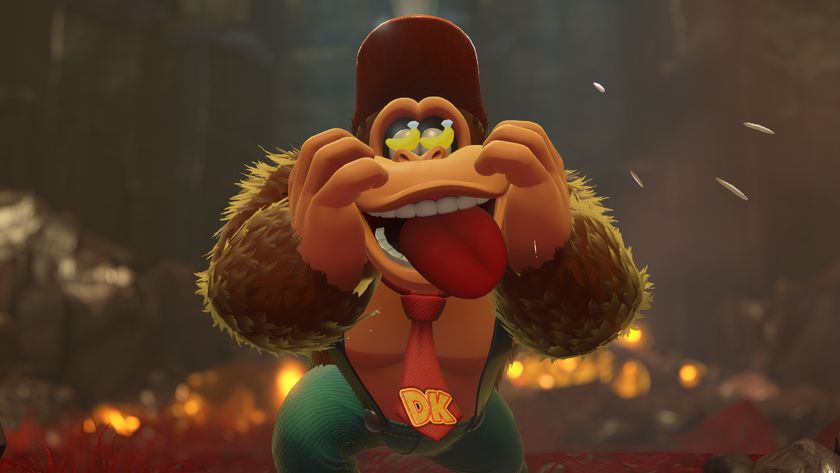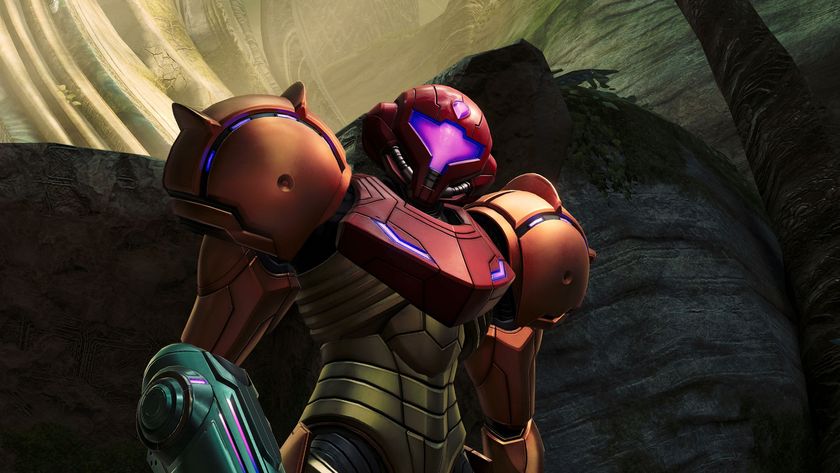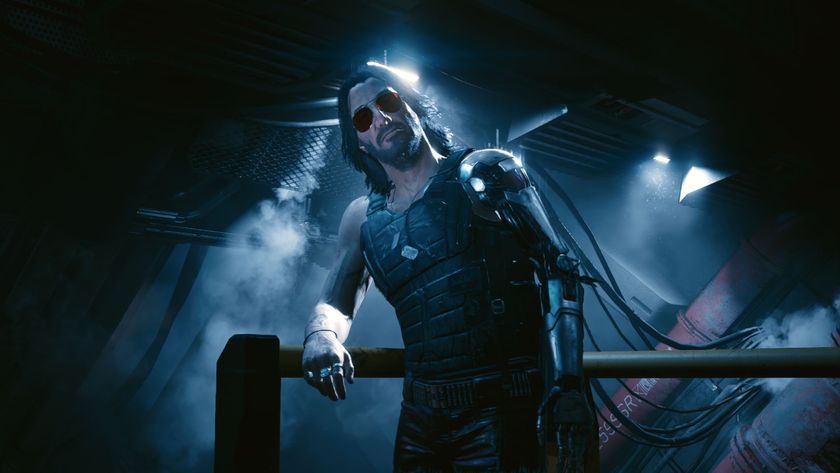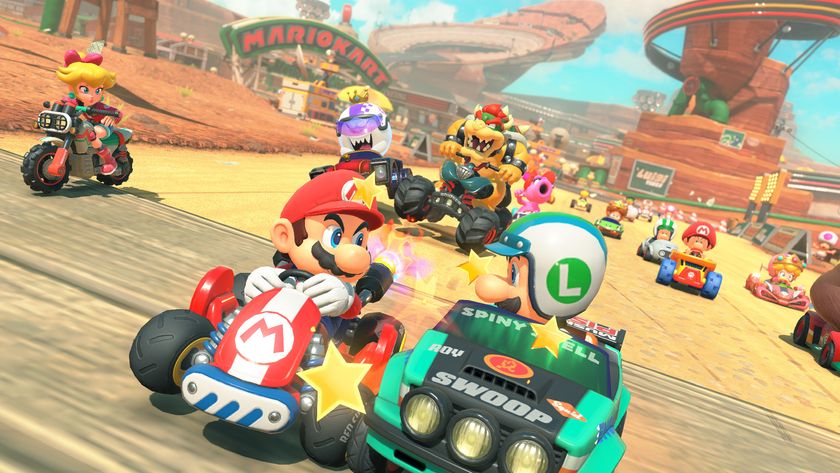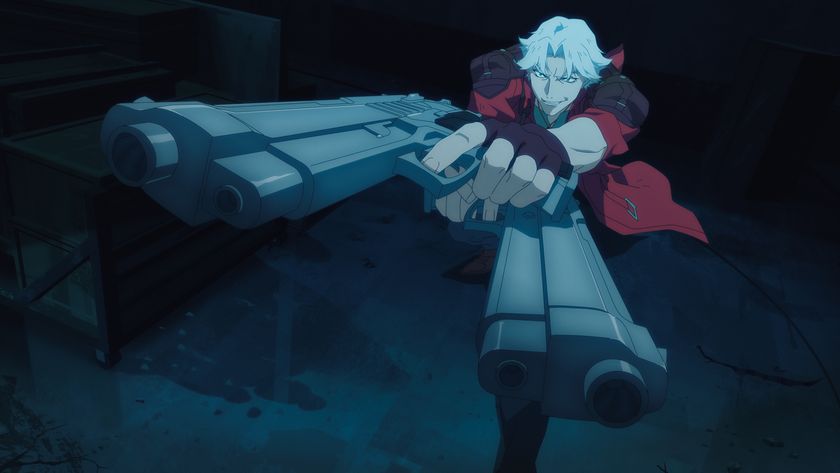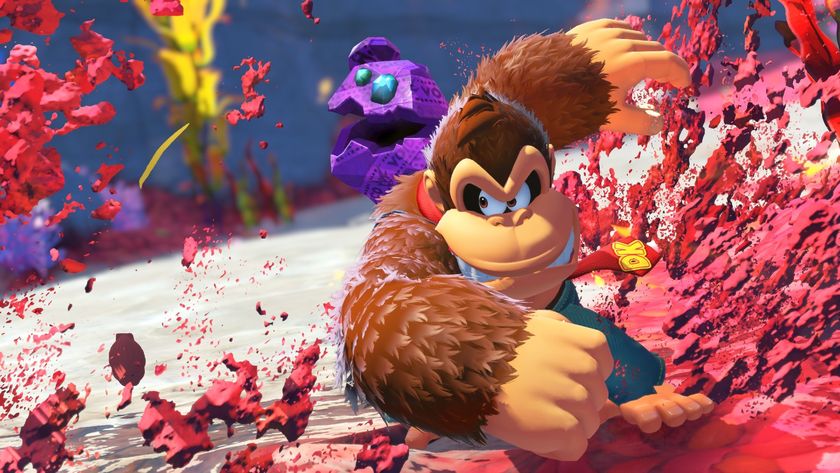How Mr Fox saved Wes Anderson
Nathan Ditum on a fantastic new start for Hollywood's indie tinkerer
The Fantastic Mr Fox isn't just a great film, it's a film responsible for saving the career of one of Hollywood's brightest directors.
Wes Anderson's been on the slide for longer than any of his delicate, preppy army of followers (including me) would like to admit.
The Royal Tenenbaums didn't have the purpose of Rushmore. It took two viewings of the erratic Life Aquatic before I fell in love with it. And The Darjeeling Limited's by-the-numbers trailer (tick them off: scene-setting voice-over, abrupt comic awkwardness, rushing montage set to British invasion music, stagey philosophical profundity, emotional sign-off) was enough to stop me seeing the film itself until moments before I penned this, when I forced myself to sit through it so I could write about how disappointing it was without making it up.
Turns out my massive and unprofessional prejudgement was totally right: watching it is like standing in a whimsical breeze – not unpleasant, but also not particularly moving, and certainly not what we've should expect from someone so clearly talented as Anderson.
Of course I'm being very brave and forthright about all this after the fact, and what's allowing me to do so without weeping into my monographed Rushmore blazer is Anderson's massive return to form with The Fantastic Mr Fox.
The genius of Mr Fox is twofold.
Firstly, it successfully combines Roald Dahl's fairytale gruesomeness with Anderson's aesthetic sophistication. Fleshing out Dahl's children's story, the film turns Fox's unremarkable wife and offspring into a typically idiosyncratic Anderson family, with George Clooney's Fox a corduroy-sporting newspaper columnist and Jason Schwartzman his small, awkwardly disaffected son.
Sign up for the Total Film Newsletter
Bringing all the latest movie news, features, and reviews to your inbox
But crucially it also retains the rotten, guts-and-all core of the original - the greedy caricatured villainousness of onomatopoeic baddies Boggis, Bunce and Bean, the bloody humiliation of Fox's severed tail, and the snarled ugliness of Rat (who now, with scarred eye and thick French accent, is actually more monstrous than before).
This is why Mark Kermode is so wide of the mark when he says there's nothing here for kids to enjoy . Firsthand testimony from my own children says different - Anderson has convincingly gelled his own style with that of the source material, and Rat's juddering death by electrocution (my kids' favourite part of the film by a distance) was as mesmeringly awful as anything Dahl came up with.
The second reason for the film's brilliance is the stop-motion animation. Not just the animation itself, which is painstakingly staged and shot with an orange-sunset photography that captures the heart of the story wonderfully. More than that, the style of the film is the perfect foil for Anderson's meticulousness, for the fastidious collector's impulse which had come to dominate his films, and threatened to strangle the emotion from them.
But where the cluttered minutia of the Tenenbaum household, the contrived cross-section of the Life Aquatic boat and the Louis Vuitton luggage of Darjeeling became distractions, here Anderson's obsessive attention to detail is a real asset. The chugging model railway glowing in the boys' bedroom (a miniature within a miniature), those pristine outfits (pressed pyjamas and matching bandit hats), Fox's leather-bound click-dial hip radio - they belong in an animation, and they all add to the charm and life of the film.
Because of this, Anderson finds himself for the first time in years to move past props and detail and things to make something genuinely moving (spoilers ahead). The moment during Fox's final scooter-and-sidecar escape with his boys and sidekick Kylie, the bike coming to a screeching halt as Fox spies a wolf on a faraway hill, is emotionally powerful in a way Anderson's films haven't managed since the triumphs of Bottle Rocket ("They'll never catch me, man...") or Rushmore ("I saved Latin. What did you ever do?").
It's only possible because of the confidence and fluency of everything that's gone before - Anderson's in full flow, and the moment is brave, elegiac and authentically transcendent . Along with me, a theatreful of kids and parents (the theatre , incidentally, appears in the film ) held our breath as Fox looked over the distant field to the silhouetted figure beyond, captive to the moment. "I have a phobia of wolves" he says into the wind, an echo of Gene Hackman's dream confession in The Conversation ("I'm not afraid of death").
The hope - and my belief - is that Anderson's return to form isn't a temporary one. He's not only exorcised his preciousness, but found the perfect expression for it. Up next is probably My Best Friend - a remake of irony-tinged emotional comedy Mon Meilleur Ami - which offers the perfect opportunity for the director to recapture the heart and intelligence of his older live action work.
EARLIER BLOGS
Why Christopher Nolan Must Recast Batman.
